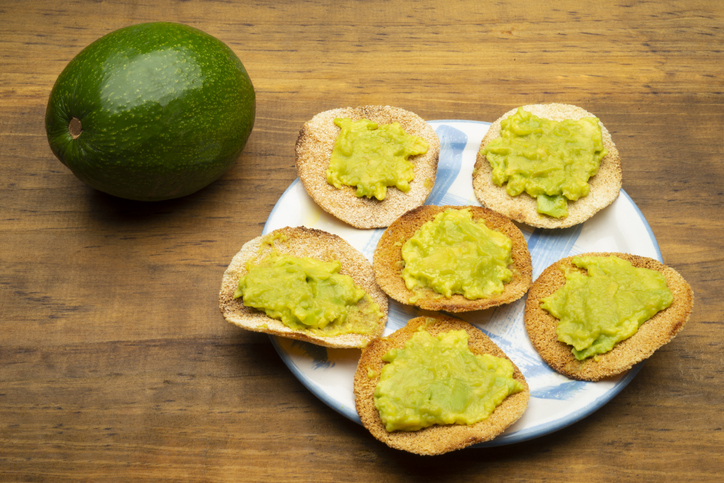Casabe, a flatbread made of yuca root, also known as cassava, is one of the country’s oldest Indigenous meals. Officials are seeking its addition to the intangible cultural heritage list of the U.N. cultural agency UNESCO, reports Associated Press.
Casabe resembles a crunchy cookie that can be accompanied by sweet foods or meat and poultry, according to the report.
“Casabe is an Amerindian tradition that came from northern South America and made its way to the Antilles,” Sonia Virgen Pérez, president of Cuba’s National Heritage Council, said. “It arrived through the eastern part of Cuba and became an important food that has been passed down from generation to generation.”
Recently, Pérez led a delegation of countries including Cuba, the Dominican Republic, Venezuela, Honduras, and Haiti, to formally request the inclusion of the tradition of harvesting yuca, and both preparing and consuming casaba to UNESCO’s cultural heritage list.
In seeking recognition, proponents hope it will be seen as a healthy, sustainable meal that can also preserve Indigenous tradition. Full Story
Related: Ukranian Borscht Declared Endangered Heritage Tradition; James Beard Foundation Modifies Award Selection Process

